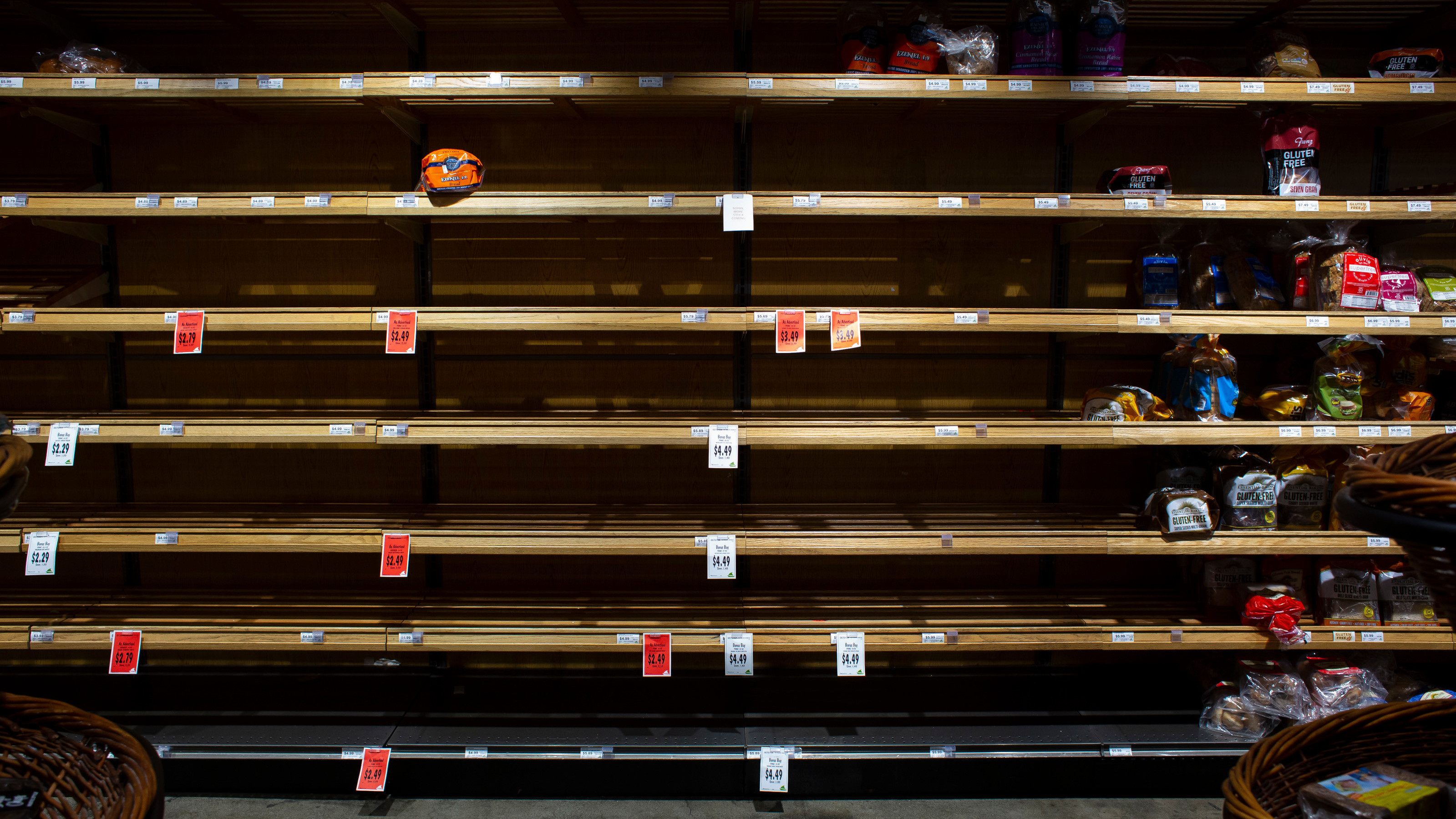Lyft, Grocery Trucks Trying To Solve The Problem Of Food Deserts
Poverty is a constant burden for anybody living within it. In the U.S., one of the cruelest ways in which it manifests is the continued existence of food deserts, or neighborhoods where the only food accessible within walking distance comes from venues like corner stores, often solely of the junk variety.
Food deserts are almost uniformly tethered to low-income areas, and have a daily impact on millions of Americans. According to the U.S. Department Of Health And Human Services, "More than 23 million Americans, including 6.5 million children, live in food deserts—areas that are more than a mile away from a supermarket." Without access to fresh food, residents in these areas are frequently plagued by higher rates of severe health problems.
Around the country, steps are being taken to combat this issue. In Birmingham, an initiative is being voted on regarding the use of "mobile food stores" as a way to bring fresh food to areas without supermarkets or produce stores. WBRC6 reports that the Alabama city, where "about 70%" of the population falls under the one-mile definition of a food desert, is considering the use of grocery trucks on a more widespread basis: "The Community Food Bank of Central Alabama already operates one. The 'Corner Market' is a one-aisle grocery store offering fresh vegetables, fruits, meats, dairy and dry goods to people who live in food deserts."
Ride-sharing leader Lyft has also announced that it will be expanding its Grocery Access Program, which was tested in Washington D.C. and Atlanta last year, to more than a dozen new cities this week and outward in the coming months. The service will allow people living in food deserts to take flat-fee rides of just $2.50 to and from grocery stores, in order to facilitate access to otherwise far-off restaurants. It's an invaluable service, particularly in areas where public transportation is insufficient or entirely nonexistent.
These are all positive steps, and if ride-sharing companies would also consider helping people in low-income neighborhoods with other daily concerns like commuting to work and safely moving their kids to and from school, it would be even better still. Regardless, it's some progress toward eliminating a social issue that should never be one, anywhere, and a reminder of the importance of fresh, healthy food as a human right.
